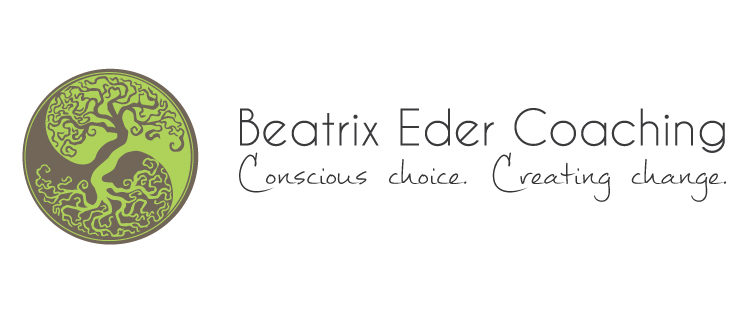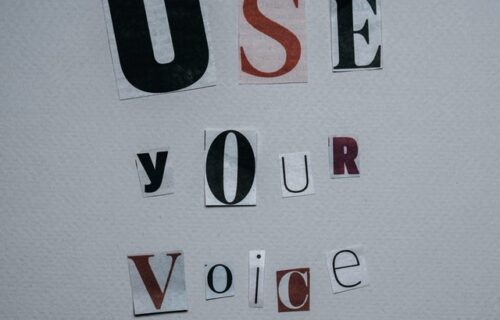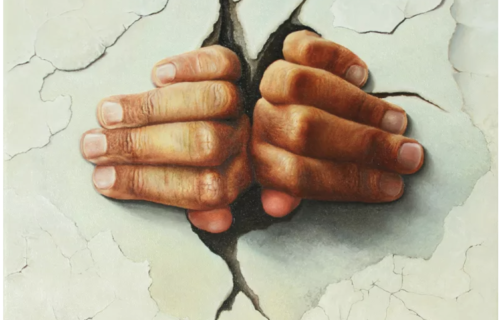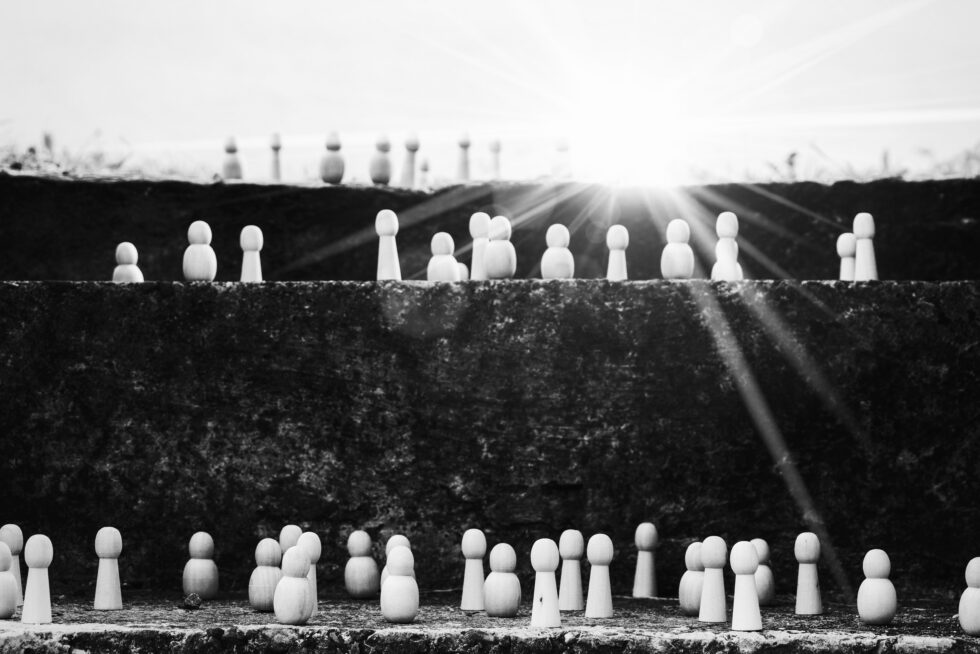
The privilege apparatus
The source of discrimination and exclusion is the uneven distribution of power and privilege
As I observe the various issues and social challenges in organizations and our world, I often wonder:
- What is the reason for our inability (or unwillingness?) to get along with each other across the multiple dimensions of our differences such as gender / race / age / personal orientations / ability etc?
- What is it that hinders humans to just respect and accept each other enough to live and work peacefully together?
- Why is it so hard in the world of business to translate ideas of Inclusive Leadership into truly welcoming, valuing and celebrating our differences?
We all know and need the feeling of being seen for who we are, being appreciated and included. And yet we also know that this is not the reality: according to a Deloitte survey with 3,000 respondents, 61% of people said to cover at least one aspect of their life and identity at work.
I am convinced that fundamentally, this question boils down to the uneven distribution of power and privilege: who has power and thus access to privilege? ...and how is that power used? I also recognize that privilege is a loaded word, easily triggering defensiveness, especially among people who represent the dominant group in a given context. But when we cannot talk about things, we cannot change them; and because I think that there is a big need for change, I will bring up this difficult theme anyway.
Is difference the real problem?
When we ignore the ways power and privilege influence our lives and interactions, we might subscribe to the popular argument that the problem lies in our differences and our innate fear of the unknown.
For sure, our brain values certainty and can perceive anything unpredictable and ambiguous as utterly aversive. This can cause a perspective of “othering” when being with people who are different from us – and this perspective easily leads to discrimination and social exclusion.
But in so many ways, we are fascinated with and enthralled by the unknown, magically attracted to explore and understand it: think of the activity of scientists, inventors, explorers, journalists and novelists, philosophers, spiritualists (or coaches for that matter) and all of the curious people who are following the allure of the unknown. Even babies and toddlers, who are among the least prepared and the most vulnerable among us, are seeking to try out and understand what they do not know, always exploring new things, trying out new ways.
So, it seems, the frightening thing is not the new and the unknown but rather our assumption about the new and the unknown - and these assumptions are learned:
Human babies are born without fear and their ability to fear things develops around 6-8 months of age. We learn to be afraid of things based on negative experience (for example when you have been bitten by a dog) and by conditioning (when you hear people say that dogs are dangerous because they can bite you).
With this in mind, if diversity, differences and disagreement bring up feelings of uneasiness and fear, it’s because we have learned to see them as difficult and frightening.
Making the difference visible
At first sight, it’s not easy to conjure our differences because many aspects of our identity are so unconscious.
In 1990, Marilyn Loden and Judy Rosener developed a framework for thinking about the different dimensions of diversity within individuals and organizations. Depicted as concentric circles, this “Diversity Wheel” can be used in different ways to encourage thinking about dimensions of our identity.
The Diversity Wheel consists of four layers and shows the diversity lenses through which we process experiences and make meaning of them. The accumulation of this meaning making informs how we choose to respond to situations and what impact we have on others.
As you look at the wheel, I invite you to answer for yourself each aspect of the wheel and how much these aspects of your identity correspond to the dominant group around you. The more your answers correspond to the dominant group, the more power and privilege you have in the society you live in.
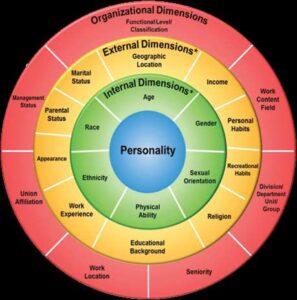
You might have noticed, that this short exercise gives little attention to your individuality and the aspects of you for which people like you: your character, your personal history, your feelings, values and aspirations.
What the exercise reveals however, is a sharp picture of your social reality: your identity which is shaped in a historical and social context in relation to others and your membership in certain groups. The Diversity Wheel helps you to visualize the categories in which people tend to put you when they engage with you without knowing you deeply.
The problem is not the difference but the rank we attach to it
Using the Diversity Wheel as a lens for our question whether differences are a problem, we can conclude that they are not. The root problem is a world that we have created in which we use differences to decide who has rank and how we relate to each other: depending on where we are on the wheel and how we relate to another person in a given context, we
- include or exclude,
- reward or punish,
- credit or discredit,
- elevate or oppress,
- value or devalue,
- leave alone or harass (Johnson, Privilege, Power, and Difference).
This is particularly true for qualities at the very center of the wheel – and which are hardly possible to change, requiring us to learn to live with them, independently how we choose to reveal ourselves to others.
Clearly, diversity is about a lot more than just the “variety” as the word’s literal meaning suggests. This is where privilege comes in.
Privilege
Often there is a general confusion about what privilege means and in which areas of our lives privilege plays a role. The real question is, how privilege operates at a societal level and how it becomes completely invisible, especially to those who benefit from it.
Privilege is when a social group has something of value that was bestowed upon them through what I call "winning the lottery of the Universe". A privilege represents a special right or an advantage available to a particular person or group based on membership or assumed membership in a dominant group.
Privilege allows people to
- define reality
- experience and assume a level of acceptance, inclusion, and respect
- determine the rules and standards
- decide who receives attention, to whose voice we listen with respect & care and who is accountable to whom.
Having access to privilege increases the likelihood of having things done “your way”. Holders of privilege are often granted a presumption of superiority as well as a silent permission to act on that presumption with an almost guaranteed impunity for it.
Privilege as asset
In this sense, a privileged status does not guarantee specific outcomes but it is an asset, that makes it more likely that a person’s talent, abilities and aspirations will bring them the desired results. The opposite is also true: having less privilege will not determine outcomes – and yet aspects of our identity such as being a woman, having darker skin, living with a disability, being part of the LGBTQ community, become liabilities that make it harder that a person’s talent, abilities and aspirations will bring them the desired results.
How privilege becomes invisible
Whenever we think that something is not a problem, because it’s not affecting us in a personal way, we are speaking from a position of privilege. This is often called the “luxury of obliviousness” because awareness requires effort and commitment.
The more power & privilege people have, the more they tend to believe that the world is fair and the more they tend to believe that they have earned their advantage. So, privilege and bias are corollaries of each other and whenever people identify with their privilege – or with their aspirations for privilege – it is obviously a major factor that legitimizes and perpetuates the status quo.
For this reason, I invite you to shift your perspective around privilege – just for the time of reading this article. Denying that privilege exists and confusing privilege with merit are serious barriers to changing the status quo.
Privilege in every day life
To demonstrate that privilege plays a role in almost every interaction in our life, I will share a few examples of my own privilege:
Cis-gender privilege
- As a cis-gender person, I have the ability to walk through the world and generally blend-in, not being constantly stared at, whispered about, pointed at, or laughed at because of my gender expression.
- Strangers call me by the name I provide, and don’t ask what my “real name” [birth name] is and then assume that they have a right to call me by that name.
- I don’t have to remind my extended family over and over to use proper gender pronouns (e.g., after transitioning).
White privilege
- As a white person, I can choose to be aware of my racial identity or to ignore it and consider myself simply a human being.
- As a white middle class person, I can assume that when I am in public spaces, people will not question me why I am there, what I am doing or attack me because of my skin color
- When I enter a shop or a restaurant, I am treated as a serious customer (not as a potential shoplifter) and people will try to provide me with a good service
First world privilege
- I do not know what is like to have war in my homeland.
- Having two European passports, I can travel and live where I choose and can move when and where I choose and expect that I will be welcomed there
Ability privilege
- I can, if I wish, arrange to attend social events without worrying if they are accessible to me.
- If I ask to speak to someone “in charge”, I can be relatively assured that the person will speak directly to me and not treat me like I am stupid.
- People of my ability status are not generally considered burdensome to our families or to tax-payers.
Complexity in privilege
You see, even as I live my life as a woman, having a serious autoimmune condition, living & working in a different country from my nationality, in a society where I am in the minority, I enjoy a lot of privileges.
The complication starts when we recognize that the privileged / disadvantaged dynamic plays itself out in a maze of intersections and interactions of oppressions based on gender, race, age, class, sexual orientation and ability. And this means that each and every one of us is occupies simultaneously a role as privileged / disadvantaged, depending on the situation and the people we interact with.
The result is that while virtually everyone is disadvantaged and oppressed in some significant way, almost everyone also has access to some type of power and privilege and to one or more roles as oppressor.
I recognize that this is hard to take in and understand that having someone point out our privileges can be understood like an accusation that we are awful people. Conversations around power, rank and privilege easily induce feelings of shame and guilt and become alienating and ineffective.
Use your privilege to the benefit of others
What often proves to be helpful for me as I accompany my clients in these moments of discomfort is to acknowledge that privilege is a systemic concept and thus it has nothing to do with an individual being “good” or “bad”. Further, it is important to distinguish between “having privilege” (which is something we cannot change) and “choosing how to use our privilege” (which we have full control of). When we recognize and accept these two premises, we open up to possibility.
Potential & possibility
With this, I invite you to tap into this potential and use your privilege as a platform to advocate for others who have less power and privilege. If you wonder about concrete ways on how you might embody Inclusive Leadership and use your power and privilege in service of creating more equitable organizations, do contact me to book your free Strategy Session.
Questions for reflection
- In which aspects of your life are you part of the dominant group?
- In what ways do you benefit from privilege?
- How do you harness your privilege with intention?
Lastly, let me share a disclaimer and an attribution. Over the past 9 years I have read and applied ideas from various fields and teachers in the area of NVC (Non Violent Communication), Coaching for Transformation, Inclusive Leadership and Individual & Organizational Trauma to name a few. As I learn and take part in discussions, I synthetize ideas and blend them in new ways with the intention to best support my clients. Some of the ideas you have read here have been covered by other people, in other contexts.
In this article, I have reviewed the 2nd chapter of Allan G. Johnson’s book “Privilege, Power and Difference”. If you are interested in a deep-dive of examining our systems of power, rank and privilege, you can purchase the book here.
********************************************
Does this article resonate with you?
Here are some ways I can support you and your organization:
Get Individual leadership coaching with Beatrix
Deepen and accelerate your learning with one-on-one coaching with Beatrix. Identify and transform patterns and learn new tools that will help you to practice Inclusive Leadership at Work & Home and effectively work with people across differences in identity, experience and power.
Inquire about Individual Coaching here.
Get group coaching with Beatrix
Team coaching is a mid-term process with regular sessions that support a team in an individualized way to improve both the improvement of task-execution as well as the collaborative alliance within the team. The process supports teams to become more cohesive, increase their ability to problem-solve and become more competent in transforming overt and covert conflicts.
Inquire about Group Coaching here.
Book Beatrix for a webinar / workshop / training
Beatrix facilitates virtual and in-person workshops using experiential, interpersonal and reflective activities to share knowledge around Inclusive Leadership, inspire vision, ignite change and build workplaces that are diverse and cohesive. Participants will be supported to embrace new perspectives about differences and translate freshly gained knowledge into concrete actions.
Sessions are customized to your needs and can be delivered in 90-minutes to 3 hours.
Inquire about Webinars and Workshops here.
Get support with Organizational Consulting
Beatrix can help your company to co-create creative and cohesive teams that work effectively in a hybrid work environment, using effective feedback systems, collaborative decision-making processes and respectful communication norms.
Inquire about Organizational Consulting here.
